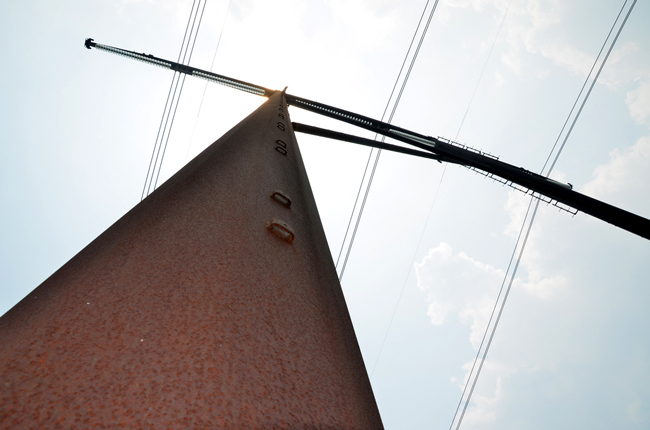
With natural gas costing less than expected, Florida Power & Light said Monday it will lower customers’ electricity bills in 2012.
The announcement came as something of a surprise: About three weeks ago, state regulators approved FPL proposals that would have led to small increases in monthly bills.
But FPL, the state’s largest utility, said 2012 fuel costs are now projected to be $460 million less than it had anticipated earlier. For residential customers who use 1,000 kilowatt hours of electricity a month, that will translate to bills dropping from $96.54 to $94.62 in January, according to the utility.
FPL President and Chief Executive Officer Armando Olivera said in a prepared statement that the prices of fossil fuels used in power plants “can be volatile, and fluctuations can make a significant impact on our customers’ bills.” He said FPL has phased out older, oil-fired plants in recent years.
“At the same time, market prices of natural gas for 2012 are trending even lower than previously expected, and this is driving a significant reduction in our projected fuel costs for the coming year,” he said.
Robert Scheffel Wright, an attorney who represents the Florida Retail Federation in utility issues, said FPL is such a large natural-gas user that changes in gas prices can have a significant impact.
“That (the FPL announcement Monday) is obviously a good thing for everybody,” Wright said.
The state Public Service Commission holds a hearing each fall to determine how much utilities should be able to collect from customers for such expenses as fuel and environmental-compliance projects. Those costs make up a large chunk of customers’ monthly bills and are in addition to base rates that cover many day-to-day operations.
During a Nov. 1 meeting, the commission approved FPL proposals that would have led to 1,000-kilowatt hour residential bills increasing from the $96.54 to $99.26 in January. The announcement Monday will scuttle that increase, with the PSC expected to formally approve the reduction during a Dec. 6 meeting.
Utilities use 1,000 kilowatt hours as a benchmark for customer bills, though many residents consume more electricity than that each month. Commercial customers are billed differently.
The PSC on Nov. 1 also approved slight reductions in 2012 customer bills for Tampa Electric Co. and Gulf Power Co. Gulf’s bills could increase later in 2012, however, because of a pending base-rate proposal.
Commissioners on Tuesday will take up a controversial issue that will affect how much Progress Energy Florida customers pay next year.
The issue involves how much Progress should be able to collect from customers for costs stemming from a massive repair project at the Crystal River nuclear plant. The company has to buy power elsewhere to make up for lost generation at the idled plant.





























Charles Ericksen, Jr says
I believe they also want to start charging customers for new nuclear plants, that will not be built for many years in the future.
Jack says
I would like to see Palm Coast take the electricity utilities in-house like South Daytona and Winter Park, profits stay within the city instead of going to utility shareholders and pass even more savings onto the consumer.